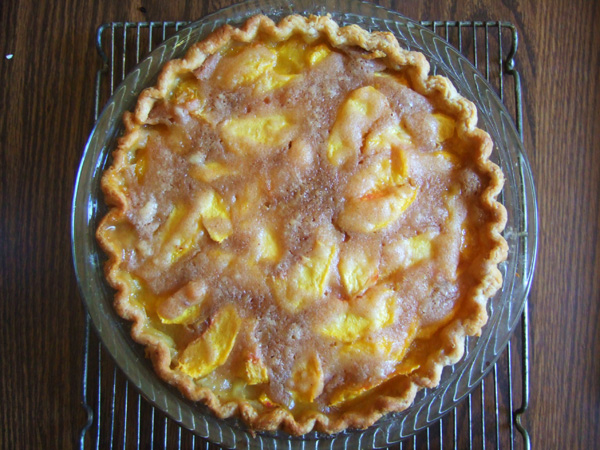Monthly Archive for September, 2010
Page 2 of 2

This essay, by my friend Patrick Gaughan, arrived in my inbox last night. Â I only wish I could write something so beautiful. Â Please enjoy.
***
Georgetown, Colorado is a gold rush town. Jagged Rockies rise on all sides. The buildings down Main St. boast the original dust-burned facades from the height of Pikes Peak fever, but now house cash registers and rustic railroad prints and myriad variations on the classic black cowboy hat (some with chin ties, some without).
And there are two main attractions from those Wild West glory days, one being the Hamill House, home to a family of mine owners during the gold rush and subsequent silver boom. A woman named Ellen gave me a tour. She pointed at things. She told me what was original and what was not. She let me wander upstairs by myself. In the Hamills’ stable, she informed me that the floors were ‘very original.’ I asked questions. Ellen looked at me quizzically. I left.
At the south end of Main St. sits the second, the Hotel De Paris, opened in 1878. The man behind the place was Louis Dupuy, a French linguist who squandered an inheritance, moved to the States, deserted the US Army, changed his name, fled halfway across the country, and opened the most exclusive hotel in Colorado. Louis charged twice as much as his competitors and filled his rooms every night. He imported the newest technologies from France and China. He let restaurant guests point to a trout in an indoor fountain which was then whisked away to a massive kitchen and prepared just as they pleased. I learned all this from Carl, a guide at the hotel. Carl was a slow-talking charmer of a storyteller. He flipped an anecdote in every room and underlined each of them with a quip. When I told him I was from New York, he said, ‘I forgive you.’
I told Carl about Ellen.
In turn, Carl told me how much he loved his job and how he felt like he knew the eccentric Louis Depuy as well as Louis knew himself.
Without Carls, we will forget where we came from. Old things will simply become old things, nothing more, separate entities from the human beings who built them, chose them, put them there. Tours need not be about how ‘original’ something is. Rather, they’re about the people who walked there and sneezed there and fucked there and died there and how we, in the present, can learn something from them.

